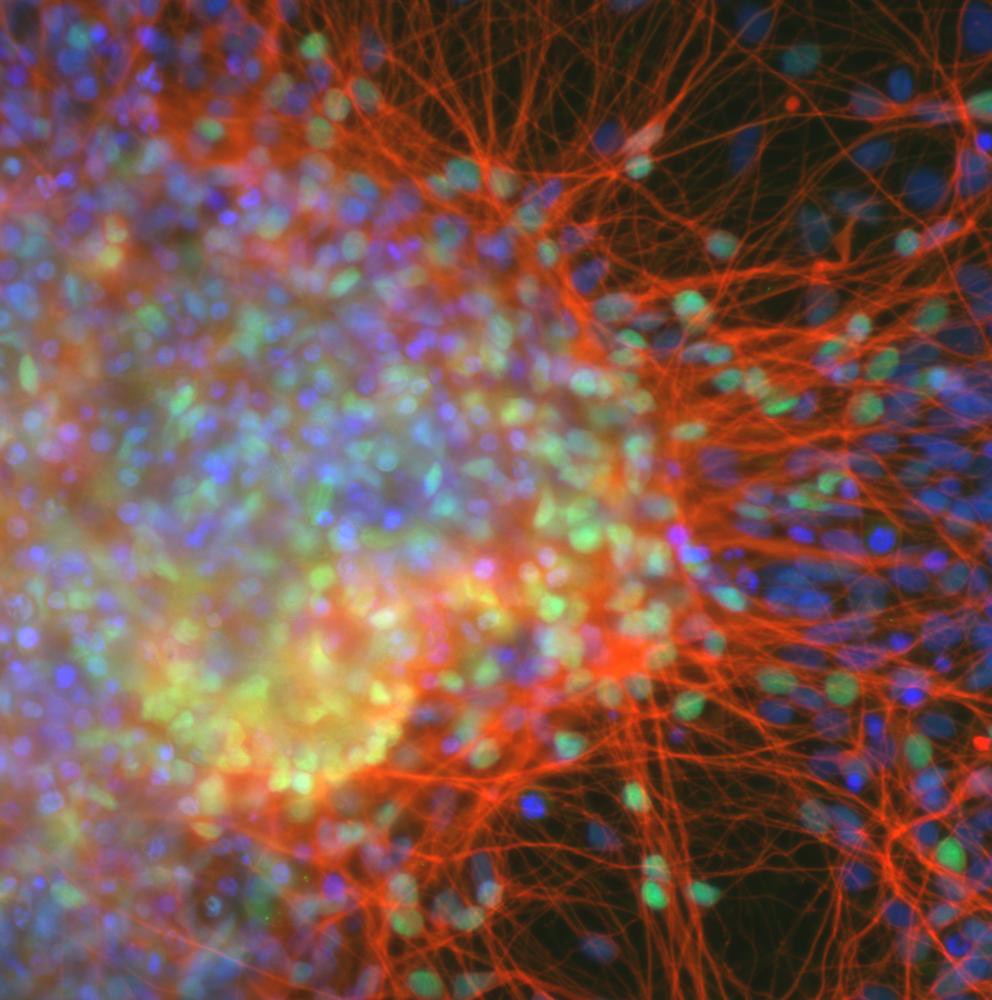Wind-down of stem-cell institute leaves a void
By Jeanne F. Loring,
Nature
| 08. 07. 2019
For the past dozen or so years, stem-cell researchers in California have been the envy of the world. In 2004, as a rebuke to the restrictions put in place in the United States by then-president George W. Bush on funding for human embryonic stem-cell research, Californians approved US$3 billion in taxpayer funds to support regenerative medicine. That essentially guaranteed that the state would become the centre of innovation in the field.
Since then, almost all of my research funding has come from the California Institute for Regenerative Medicine (CIRM). But not for much longer.
In June, CIRM announced that it was no longer accepting new grant applications. Its money is running out, leaving researchers with fewer resources to develop stem-cell-based therapies. That same month, several of us stem-cell scientists were featured in a documentary series that promoted unproven stem-cell treatments and was partially funded by a for-profit clinic facing federal charges. We learnt about the nature of the series after that clinic sent mass e-mails promoting it. The film-makers removed interview footage at our request.
This coincidence demonstrates the double-edged...
Related Articles
By Diaa Hadid and Shweta Desai, NPR | 01.29.2026
MUMBRA, India — The afternoon sun shines on the woman in a commuter-town café, highlighting her almond-shaped eyes and pale skin, a look often sought after by couples who need an egg to have a baby.
"I have good eggs,"...
By George Janes, BioNews | 01.12.2026
A heart attack patient has become the first person to be treated in a clinical trial of an experimental gene therapy, which aims to strengthen blood vessels after coronary bypass surgery.
Coronary artery bypass surgery is performed to treat...
By Staff, ScienceDaily | 01.05.2026
Scientists at UNSW Sydney have developed a new form of CRISPR technology that could make gene therapy safer while also resolving a decades-long debate about how genes are switched off. The research shows that small chemical markers attached to DNA
...
Following a long-standing CGS tradition, we present a selection of our favorite Biopolitical Times posts of the past year.
In 2025, we published up to four posts every month, written by 12 authors (staff, consultants and allies), some in collaboration and one simply credited to CGS.
These titles are presented in chronological order, except for three In Memoriam notices, which follow. Many more posts that are worth your time can be found in the archive. Scroll down and “VIEW...




